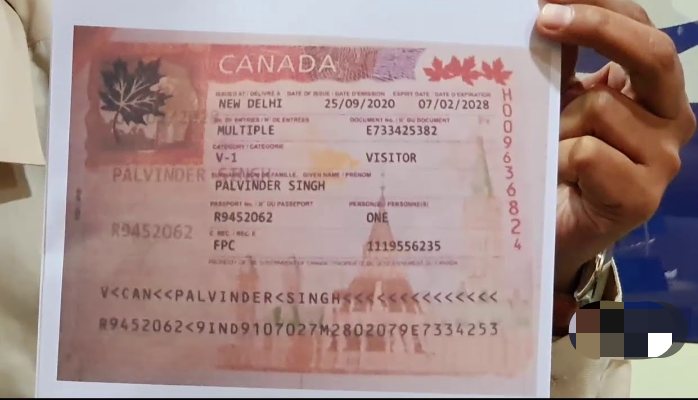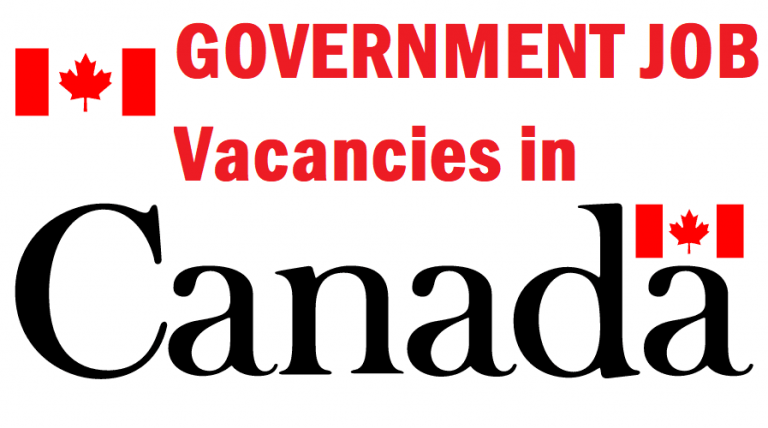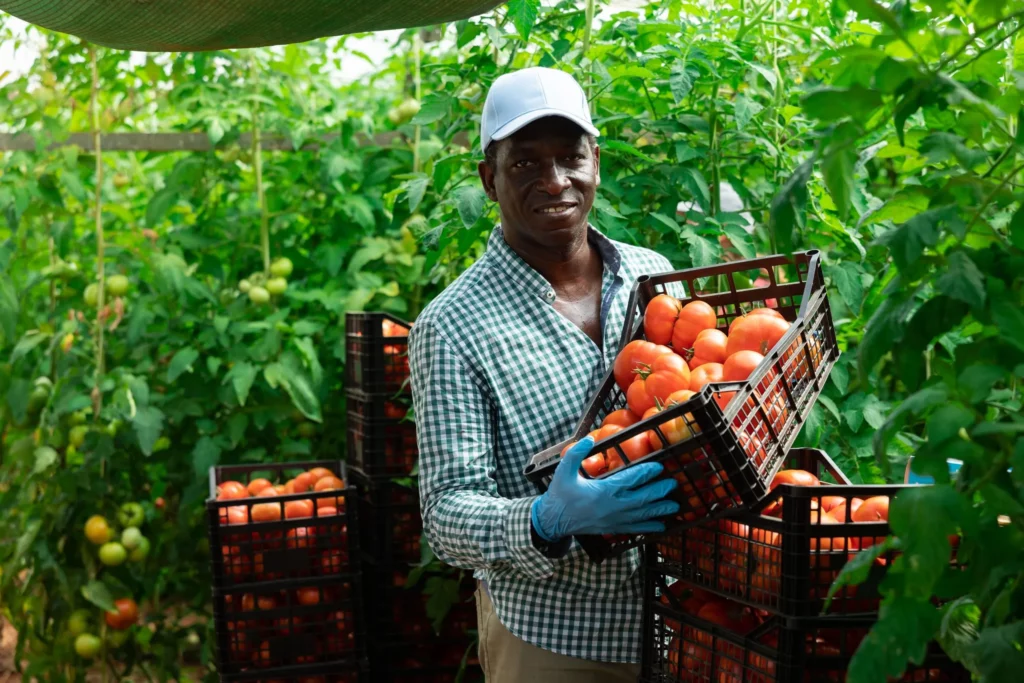Canada is renowned for its high quality of life, robust economy, and multicultural society, making it a popular destination for immigrants from around the world. One of the most sought-after immigration statuses in Canada is permanent residency. Permanent residency offers numerous benefits, including the right to live, work, and study in Canada, access to healthcare and social services, and the potential to apply for Canadian citizenship. This comprehensive guide explores the various pathways to Canadian permanent residency, the application process, eligibility criteria, benefits, and challenges.
Understanding Permanent Residency in Canada
Permanent residency in Canada is a status granted to individuals who are not Canadian citizens but have been given the right to live and work in Canada indefinitely. Permanent residents have most of the same rights and responsibilities as Canadian citizens, with a few exceptions, such as the right to vote or hold certain jobs that require high-level security clearance.
Obtaining permanent residency is a significant step towards integrating into Canadian society and can lead to eventual citizenship. The process involves meeting specific eligibility criteria, submitting an application, and undergoing various assessments and checks.
Pathways to Canadian Permanent Residency
There are several pathways to obtaining permanent residency in Canada, each with its own set of requirements and benefits. Here are some of the most common pathways:
- Express Entry
- Federal Skilled Worker Program (FSWP): This program is designed for skilled workers with foreign work experience who want to immigrate to Canada permanently. Applicants are assessed based on factors such as age, education, work experience, and language proficiency.
- Federal Skilled Trades Program (FSTP): This program is for skilled tradespeople who want to become permanent residents based on being qualified in a skilled trade.
- Canadian Experience Class (CEC): This program is for skilled workers who have Canadian work experience and want to become permanent residents.
- Provincial Nominee Program (PNP)
- The PNP allows Canadian provinces and territories to nominate individuals who have the skills, education, and work experience to contribute to the economy of a specific province or territory. Each province has its own streams and criteria.
- Family Sponsorship
- Spousal Sponsorship: Canadian citizens and permanent residents can sponsor their spouses or common-law partners for permanent residency.
- Parent and Grandparent Sponsorship: Canadian citizens and permanent residents can sponsor their parents and grandparents for permanent residency.
- Business Immigration
- Start-Up Visa Program: This program is for entrepreneurs who have a qualifying business and want to immigrate to Canada.
- Self-Employed Persons Program: This program is for individuals who have relevant experience in cultural activities or athletics and want to be self-employed in Canada.
- Refugee and Humanitarian Programs
- Canada offers protection to refugees and individuals in need of humanitarian assistance, allowing them to apply for permanent residency.
Eligibility Criteria for Canadian Permanent Residency
The eligibility criteria for Canadian permanent residency vary depending on the pathway you choose. However, some common requirements include:
- Age: Most programs have age requirements, with preference given to younger applicants.
- Education: A post-secondary education is often required, and higher levels of education can increase your chances of success.
- Work Experience: Relevant work experience is crucial, especially for programs like the Federal Skilled Worker Program and Canadian Experience Class.
- Language Proficiency: Proficiency in English or French is essential. Applicants may need to take language tests such as IELTS or CELPIP.
- Health and Character: Applicants must undergo medical examinations and background checks to ensure they meet health and character requirements.
- Financial Stability: Some programs require applicants to demonstrate financial stability to support themselves and their families in Canada.
The Application Process
The application process for Canadian permanent residency can be complex and time-consuming. Here is a general overview of the steps involved:
- Eligibility Assessment: Determine which program you are eligible for and gather the necessary documents.
- Expression of Interest (EOI): For programs like Express Entry, you may need to submit an EOI to enter the pool of candidates.
- Invitation to Apply (ITA): If you meet the criteria, you may receive an ITA to submit a complete application.
- Application Submission: Submit your application along with all required documents and fees.
- Processing: Your application will be processed by Immigration, Refugees and Citizenship Canada (IRCC). Processing times vary depending on the program and individual circumstances.
- Decision: If your application is approved, you will receive a Confirmation of Permanent Residence (COPR) and can proceed with the final steps to become a permanent resident.
Benefits of Canadian Permanent Residency
Obtaining Canadian permanent residency offers numerous benefits, including:
- Right to Live and Work: Permanent residents can live and work anywhere in Canada without the need for a work permit.
- Access to Healthcare: Permanent residents have access to Canada's universal healthcare system.
- Education: Permanent residents can study in Canada and may be eligible for lower tuition fees compared to international students.
- Social Services: Permanent residents have access to social services, including unemployment benefits and pension plans.
- Pathway to Citizenship: After meeting residency requirements, permanent residents can apply for Canadian citizenship.
- Family Reunification: Permanent residents can sponsor eligible family members for permanent residency.
Challenges and Considerations
While Canadian permanent residency offers many benefits, there are also challenges and considerations to keep in mind:
- Processing Times: The application process can be lengthy, with processing times varying depending on the program and individual circumstances.
- Documentation: Gathering and submitting the required documents can be complex and time-consuming.
- Language Barriers: Applicants who are not proficient in English or French may face language barriers.
- Financial Requirements: Some programs require applicants to demonstrate financial stability, which can be a challenge for some.
- Adaptation: Integrating into Canadian society and adapting to a new culture can be challenging.
Tips for a Successful Application
To increase your chances of a successful application for Canadian permanent residency, consider the following tips:
- Seek Professional Help: Consulting with an immigration lawyer or consultant can provide valuable guidance and support throughout the application process.
- Stay Organized: Keep all your documents organized and ensure that you meet all deadlines.
- Be Honest: Provide accurate and truthful information in your application. Any misrepresentation can lead to denial or even deportation.
- Prepare for Interviews: If required, prepare thoroughly for any interviews with immigration authorities.
- Stay Informed: Keep up-to-date with any changes to immigration policies and requirements.
Case Studies: Success Stories
To illustrate the benefits of obtaining Canadian permanent residency, let's look at some success stories:
- Case Study 1: Express Entry Success
- John, a software engineer from India, applied for permanent residency through the Federal Skilled Worker Program under Express Entry. With his high level of education, relevant work experience, and strong language proficiency, John received an ITA and successfully obtained permanent residency. He now works for a leading tech company in Toronto and enjoys the benefits of living in Canada.
- Case Study 2: Provincial Nominee Program
- Maria, a nurse from the Philippines, applied for permanent residency through the Provincial Nominee Program in British Columbia. With her nursing qualifications and work experience, Maria received a nomination from the province and successfully obtained permanent residency. She now works in a hospital in Vancouver and is grateful for the opportunities Canada has provided.
- Case Study 3: Family Sponsorship
- Sarah, a Canadian citizen, sponsored her husband David for permanent residency through the Spousal Sponsorship program. With the help of an immigration lawyer, they gathered all the necessary documents and successfully demonstrated the genuineness of their relationship. David is now a permanent resident and enjoys living in Canada with Sarah.
Canadian permanent residency offers a pathway to a better life, with numerous benefits such as the right to live and work in Canada, access to healthcare and social services, and the potential to apply for Canadian citizenship. While the application process can be complex and challenging, seeking professional help, staying organized, and being honest can increase your chances of success.
If you are considering applying for Canadian permanent residency, it is crucial to understand the various pathways, eligibility criteria, and application process. Consulting with an immigration lawyer or consultant can provide valuable guidance and support, helping you navigate the complexities and achieve your goal of becoming a permanent resident in Canada.
By following this comprehensive guide and taking the necessary steps, you can increase your chances of a successful application and enjoy the benefits of living in one of the world's most welcoming and diverse countries.





